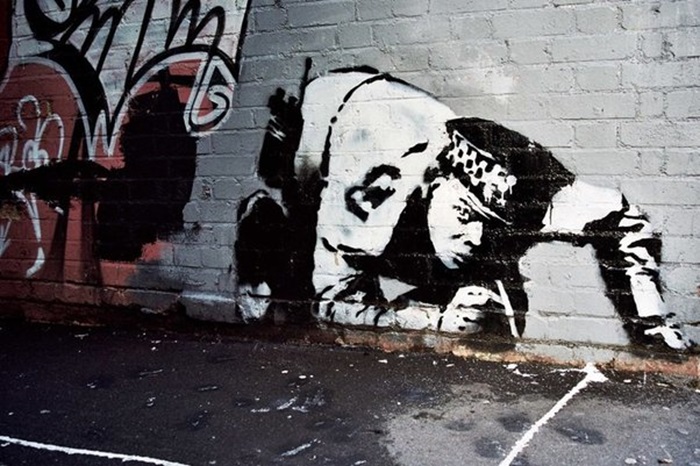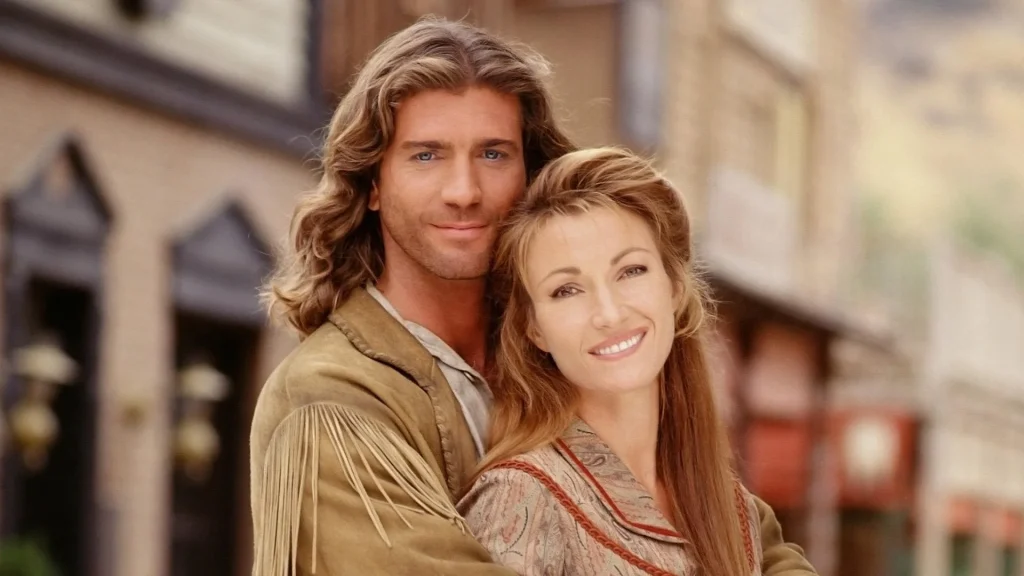In the vast landscape of television history, certain shows stand out not only for their entertainment value but also for their cultural impact. “Dr. Quinn, Medicine Woman” is one such series that left an indelible mark on audiences worldwide. Created by Beth Sullivan, this Western drama aired from 1993 to 1998 and followed the journey of Dr. Michaela Quinn, a pioneering female physician in the American frontier of the 1860s. Beyond its engaging storylines and memorable characters, the show tackled significant social and medical issues, paving the way for discussions on gender equality, healthcare, and more. Let’s delve deeper into the enduring legacy of “Dr. Quinn, Medicine Woman” and its relevance in today’s world.
The Premise and Characters:
- Introduction to Dr. Michaela Quinn:
- Dr. Michaela Quinn, portrayed by Jane Seymour, is the heart and soul of the series.
- A fiercely independent woman ahead of her time, Dr. Quinn faces numerous challenges as she navigates the male-dominated world of medicine.
- Her journey from Boston to the frontier town of Colorado Springs sets the stage for compelling narratives and character development.
- Supporting Cast and Key Characters:
- From Sully, the rugged outdoorsman played by Joe Lando, to the spirited businesswoman, Grace, portrayed by Jonelle Allen, each character brings depth and diversity to the series.
- The interactions between Dr. Quinn and her colleagues, patients, and adversaries drive the overarching storyline and explore themes of friendship, love, and community.
Themes and Social Commentary:

- Gender Equality and Women’s Rights:
- “Dr. Quinn, Medicine Woman” challenges traditional gender roles through its portrayal of Dr. Quinn as a capable and compassionate physician.
- The character’s struggles for acceptance and respect in a male-dominated profession resonate with contemporary discussions on gender equality and women’s rights.
- Healthcare and Medicine:
- The show sheds light on the rudimentary medical practices of the 19th century while also highlighting Dr. Quinn’s pioneering efforts to introduce modern healthcare techniques.
- Through medical emergencies, epidemics, and public health crises, the series underscores the importance of accessible and compassionate healthcare for all.
- Cultural Diversity and Acceptance:
- The multicultural landscape of Colorado Springs reflects the diversity of American society during the post-Civil War era.
- “Dr. Quinn, Medicine Woman” explores themes of racial and cultural prejudice, promoting empathy, understanding, and acceptance across cultural divides.
Impact and Legacy:
- Cultural Influence and Audience Reception:
- “Dr. Quinn, Medicine Woman” garnered a dedicated fan base during its original run and continues to attract viewers through syndication and streaming platforms.
- The show’s timeless appeal lies in its captivating storytelling, memorable characters, and universal themes that resonate across generations.
- Empowerment and Inspiration:
- Dr. Quinn’s journey from a reluctant outsider to a respected community leader serves as a source of inspiration for viewers of all ages.
- The character’s unwavering dedication to her principles and her willingness to defy societal norms inspire audiences to pursue their dreams and stand up for what they believe in.
- Educational Value and Historical Accuracy:
- Beyond its entertainment value, “Dr. Quinn, Medicine Woman” serves as an educational tool, offering insights into 19th-century history, medicine, and social issues.
- The show’s commitment to historical accuracy and attention to detail enrich the viewing experience and spark curiosity about the past.
Dr. Quinn, Medicine Woman” remains a timeless classic that continues to captivate audiences with its compelling storytelling, memorable characters, and thought-provoking themes. Through its exploration of gender equality, healthcare, and cultural diversity, the series transcends the boundaries of time and space, leaving an enduring legacy that inspires and empowers viewers around the world. As we celebrate its impact on television history, let us also reflect on the lessons it imparts and the conversations it continues to spark in our ever-changing society.


